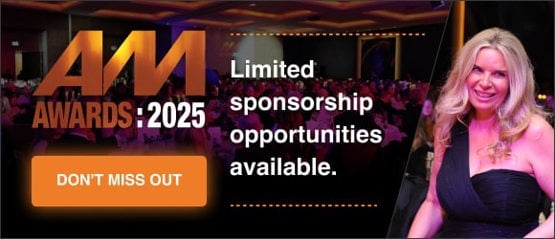In November 2022, car retail business Peter Ambrose Peugeot announced its new chapter under new ownership after being sold to a trust formed for the benefit of its employees, with founder and managing director Peter Ambrose remaining in position to support its transition to its new ownership under new leadership.
As the first mainstream dealer reported to adopt an employee ownership trust (EOT) model in the UK, RSM’s head of motor retail Alison Ashley explains why this succession planning strategy is becoming increasingly popular with business leaders.
When business owners are planning for a future exit, there are various options to consider. These include the traditional trade sale route, or options involving those currently in the business such as a management buyout (MBO) or a sale to an employee ownership trust (EOT).
As with most things, there are pros and cons of each option, and the chosen route needs to reflect the business owner’s priorities and longer-term objectives. For franchised motor retailers the objectives of their manufacturing partners will also need to be taken into account.
With EOTs making their debut in mainstream motor retail in Q4 2022, and uncertainty around capital gains tax (CGT) rates following a general election, business owners have an opportunity to understand the implications of each route and take steps ahead of the event to make sure that they and their business are well-prepared.
Prior to the Peter Ambrose announcement, many might have expected manufacturers to be a block on EOTs as a feasible option for exit planning.
But, from speaking with business owners across the sector, we’re aware of a growing interest in EOTs and with the Spring Budget confirming corporation tax rising to 25% in April 2023, EOTs provide a number of different benefits for exiting shareholders, employees, and the business.
For exiting owners, an EOT is a tax-efficient way of selling their share in a business and there are significant advantages, as provided certain conditions are met, the capital gain arising is tax free.
Existing employees gain greater input into how the business is run, while also becoming beneficial owners entitled to tax-free annual bonuses up to £3,600 and potentially additional taxable profit-related payments.
In turn, by incentivising and rewarding employees, this helps to ensure the sustainability, culture, efficiency and profitability of the business in the long term.
On a practical level, thought needs to be given to how the purchase will be funded and the timeframe.
Generally, the vendor will require an ‘upfront’ payment of consideration, which may be debt funded, with the balance of consideration being deferred and paid out of future profits of the business.
This route will only suit profitable businesses which can secure and afford the debt or be able to self-fund entirely.
Whilst the tax benefits are tempting, it is important to make sure that the business objectives are aligned with long-term employee ownership, as unwinding the structure can be costly from a tax perspective.
An EOT will not be the right option for all dealers, particularly those with a further exit on the horizon, and MBOs are an excellent alternative where there is a strong management team in place who want to drive the next phase of growth of the business.
This route, as with an EOT, may not always secure the highest price, but provides other benefits to the exiting owner.
These benefits include a lighter touch due diligence and non-financial considerations such as the continuity of the business.
The transaction may be funded by profits generated by the business or may be debt funded, with the latter more likely to result in far heavier scrutiny and due diligence process.
In most cases, as with an EOT, much of the consideration will be deferred to ensure cash flow affordability for the ongoing business.
















Login to comment
Comments
No comments have been made yet.